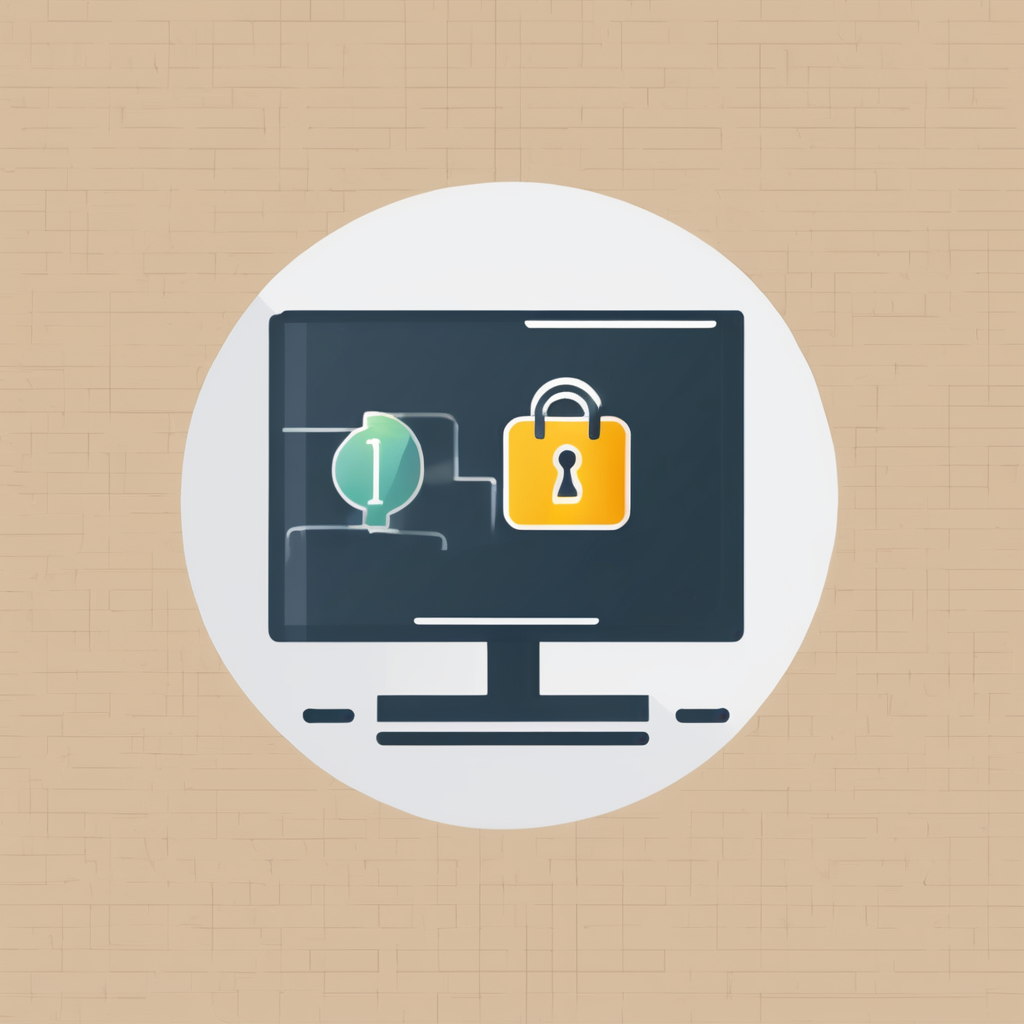Smartphone Features Empowering Remote Work in the UK
Smartphones for UK remote work have become indispensable tools, offering a range of features designed to enhance productivity and connectivity. Key smartphone features include high-resolution cameras for virtual meetings, robust processing power to run multiple apps smoothly, and long-lasting batteries to endure full workdays away from traditional desks.
Remote work tools UK frequently involve apps tailored for seamless collaboration. Popular options focus on messaging, video conferencing, task management, and document sharing. These enable teams dispersed across the UK to stay connected and organized, accommodating various work styles and schedules.
Also to discover : What Future Innovations Can We Expect From the UK’s Smartphone Industry?
Secure mobile connectivity is crucial in remote environments, particularly when handling sensitive information. Smartphones equipped with VPN support, biometric authentication, and encrypted communications help maintain data integrity. This security layer reassures remote workers that their devices protect both professional and personal information.
By integrating advanced smartphone features with reliable remote work tools UK, professionals can replicate office workflows efficiently from anywhere. This combination not only boosts productivity but also supports a flexible, mobile-first approach that suits the evolving demands of the UK workforce.
Also read : What are the privacy implications of smartphone tracking in the UK?
Examples of UK Businesses Leveraging Smartphones for Remote Work
Many UK companies are embracing business smartphone adoption to boost productivity and flexibility. For instance, firms in sectors such as marketing, consulting, and retail have equipped employees with smartphones to access essential apps, communicate efficiently, and complete tasks remotely. This shift allows staff to stay connected and responsive outside the traditional office.
One notable example is a London-based consulting agency that provided smartphones loaded with secure communication tools and cloud access. This enabled consultants to manage client projects and conduct virtual meetings while traveling, significantly enhancing client satisfaction and internal collaboration.
The retail sector, too, has embraced mobile technology UK companies by enabling sales teams to process orders and check inventories directly from smartphones on the shop floor or in the field. Such innovations contribute to seamless operations and quicker decision-making.
These case studies UK remote work underline a broader trend: adopting smartphones serves as a cornerstone for remote work strategies, offering UK businesses a competitive edge through improved flexibility, connectivity, and operational efficiency. Those considering similar initiatives can assess these examples to tailor smartphone solutions to their unique workflows.
Trends and Statistics: Remote Work and Smartphone Use in the UK
Exploring the latest figures shaping professional habits
Recent UK remote work trends reveal a significant and ongoing shift towards flexible work arrangements. According to multiple studies, remote work adoption rates in the UK have more than doubled since 2019. As of the latest data, approximately 35% of UK employees regularly work from home, reflecting a steady growth trajectory fueled by evolving workplace policies and technological advancements.
Simultaneously, smartphone adoption statistics UK highlight that over 85% of working professionals own and use smartphones daily for business purposes. This widespread adoption supports the remote work trend, enabling constant connectivity and access to work tasks regardless of location. Smartphones have become integral tools for communication, scheduling, and productivity management.
Examining remote work growth data, the synergy between mobile technology and flexible working models stands clear. Businesses investing in smartphone-compatible applications and cloud-based services report increased employee efficiency and satisfaction. This feedback loop encourages further adoption of remote work, making smartphones not just devices but essential enablers of modern professional life in the UK.
Benefits and Challenges for UK Remote Workers Using Smartphones
Smartphones offer significant remote work benefits in the UK, making flexible and mobile work more accessible. Devices provide instant communication through calls, messaging apps, and email, enabling workers to stay connected regardless of location. They also support access to essential work platforms and cloud services, which enhances productivity on the go. This mobility can improve work-life balance by allowing workers to adjust their schedules and environments.
However, there are notable smartphone challenges affecting UK remote workers. Small screens can hinder multitasking and cause eye strain during extended use. Dependence on unstable mobile networks may disrupt workflow, while frequent notifications can blur the boundaries between professional and personal time, affecting mobile work-life balance negatively. Additionally, data security concerns arise when using personal devices for work tasks.
To address these issues, workers can adopt strategies such as using external accessories like keyboards and larger screens for demanding tasks. Managing notification settings helps reduce distractions and protect work-life boundaries. Employing reliable VPNs and regularly updating software enhances security. By being mindful of these approaches, UK remote workers can fully leverage smartphone advantages while mitigating drawbacks for a balanced and efficient mobile work experience.




